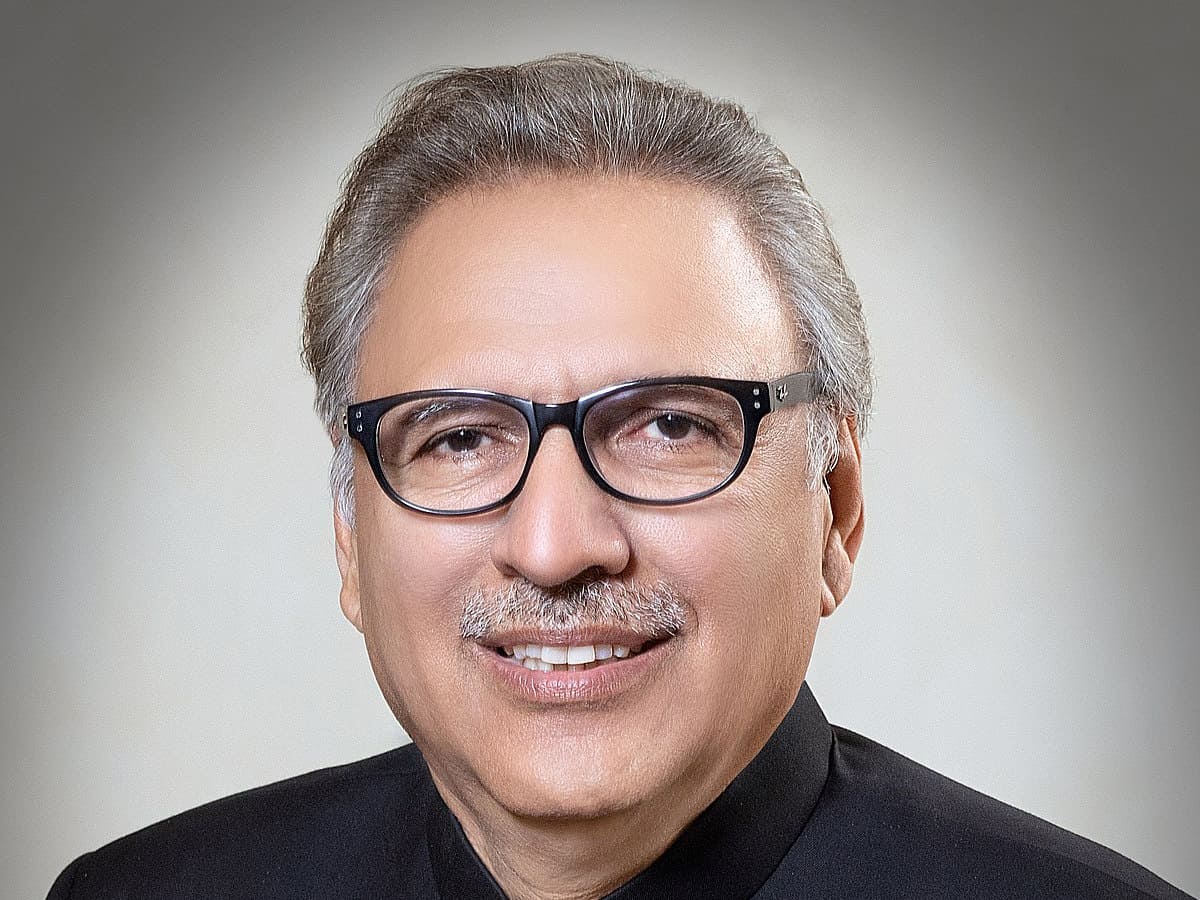
Islamabad: Pakistan President Arif Alvi on Wednesday returned a bill seeking to curb the powers of the chief justice of the Supreme Court to parliament for a second time, saying that the matter was now subjudice.
“The matter of competency of legislation and validity of the bill is subjudice now before the highest judicial forum of the country. In deference to the same, thereto no further action is desirable,” the President was quoted as saying in his reply by the Dawn newspaper.
The bill, titled the Supreme Court (Practice and Procedure) Bill 2023, is aimed at depriving the office of the CJP of powers to take suo motu notice in an individual capacity and form a panel of judges for hearing of cases.
It was initially passed by both houses of parliament and sent to the president for his assent. However, the president sent it back, saying that the proposed law travelled “beyond the competence of parliament”.
The bill was, however, passed again by a joint sitting of parliament with certain amendments on April 10 and sent to the president.
But three days after the passing of the bill by the joint parliament session, an eight-member bench of the Supreme Court (SC), including CJP Umar Ata Bandial, issued an order that bars the government from implementing the bill after it becomes a law.
The bench observed that prima facie the proposed law infringed the powers of the apex court to frame its own rules and it merits a hearing by the court.
The court in its order after hearing stated that any intrusion in its practice and the procedure, even on the most tentative of assessments, would appear to be “inimical to the independence of the judiciary, no matter how innocuous, benign or even desirable the regulation may facially appear to be”.
“It is therefore hereby directed and ordered as follows. The moment that the bill receives the assent of the president or (as the case may be) it is deemed that such assent has been given, then from that very moment onwards and till further orders, the act that comes into being shall not have, take or be given any effect nor be acted upon in any manner,” the court stated.
The parliament passed a resolution calling for the dissolution of the eight-judge larger bench. The resolution tabled by the Pakistan Peoples Party lawmaker Agha Rafiullah was approved by a majority vote.
Pakistan is witnessing a rift between the judiciary and the government after a three-member bench of the Supreme Court headed by Chief Justice Bandial fixed May 14 as the date for elections to the Punjab Assembly and quashed the Election Commission’s decision to extend the date of the poll from April 10 to October 8.
The bill states that every cause, matter, or appeal before the apex court would be heard and disposed of by a bench constituted by a committee comprising the chief justice and the two senior-most judges. It added that the decisions of the committee would be taken by a majority.
On exercising the apex court’s original jurisdiction, called suo motu powers, the bill said that any matter invoking the use of Article 184(3) would first be placed before the committee.
